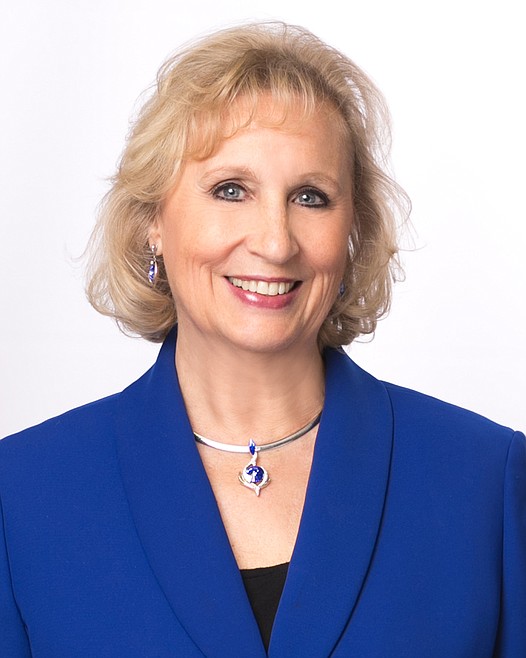ADVERTISING: Advertorial — Treating Inflammatory Bowel Disease naturally
Inflammatory Bowel Disease can be an uncomfortable and sometimes embarrassing condition, often leading to lifestyle changes to accommodate this disease. There is often confusion between Inflammatory Bowel Disease (IBD) and Irritable Bowel Syndrome (IBS).
The difference is between function and pathology. IBS seems to be more of function — slow gastrointestinal motility, sensitivity to foods, changes in gut-brain interactions, no inflammation (although that is debatable), and is more bowel movement oriented (diarrhea, constipation or both/mixed).
IBD involves changes in the tissues — inflammation, ulcers, irritation, and involves an immune response. Crohn’s Disease and the various forms of colitis fall into this category. Diverticulitis, when active, is typically grouped with IBD.
The causes of IBS and IBD are not fully understood, but is believed to be multi-factorial — a combination of several disorders that amalgamated to the current inflammatory state. These conditions could be altered immune response, diet, smoking, infections, stress, changes in gut microbiota, increased gut permeability (“leaky gut”) and certain drugs.
Leaky gut seems to be a big factor. “Leaky gut” is when certain particles, especially protein in nature, pass through the intestinal wall which are normally held back and excreted. The reason why, is because the intestinal wall has been damaged — usually over time — by antibiotics, acidic foods such as coffee, sugar, alcohol and soda pop, chronic stress, chronic inflammation, infections (parasitic or bacterial) or exposure to environmental toxins. Food sensitivities are triggers, not generally causes.
Where I believe it all starts is in the upper gut. Enzyme deficiencies caused by stress, eating too fast, eating nutrient-depleted foods and deleterious foods, starts a cascade of damage that continues through the rest of the digestive tract. An imbalance in hydrochloric acid (HCl) allows for microbial overgrowth because part of the function of HCl is to kill any bacteria, parasite, fungus or other microbe from getting further into the body. In an HCl deficiency, there is a loss of proper digestion and absorption of nutrients, including vitamins, minerals, fats and protein. The good news is that those situations are easily changed. Eating right can have a major impact on the rest of your digestive health.
It is also helpful to avoid inflammatory foods and triggers such as: cigarettes, certain medications such as NSAIDS, infections, stress, alcohol, caffeine, bad fats, spicy foods, processed foods and foods that you may be sensitive to. Dairy products, gluten, carbonated beverages, caffeine, sugar, preservatives, artificial sweeteners and fried foods are the most common triggers.
Acupuncture is another solution. Acupuncture is helpful in reducing inflammation and pain, reducing stress (a significant trigger), improve digestive function, improve immune system modulation, and improve general health, energy and well-being. I have personally seen many severe cases of IBD turned around with good nutrition, herbal and other supplementation and acupuncture.
In summary, there are several positive ways to treat Inflammatory Bowel Disease naturally. Start with your diet and if that isn’t doing enough, then acupuncture is the next best solution.
Want to hear more from Holly Carling? Check out our podcast. Search for VitalHealth4You on your favorite podcast listening app or go to vitalhealthcda.com/podcasts/.
• • •
Holly Carling is a Doctor of Oriental Medicine, Licensed Acupuncturist, Doctor of Naturopathy, Clinical Nutritionist and Master Herbologist with over four decades of experience. Carling is a “Health Detective.” She looks beyond your symptom picture and investigates WHY you are experiencing your symptoms in the first place.
Carling is currently accepting new patients and offers natural health care services and whole food nutritional supplements in her Coeur d’Alene clinic. Visit Carling’s website at www.vitalhealthcda.com to learn more about Carling, view a list of upcoming health classes and read other informative articles.
Carling can be reached at 208-765-1994 and would be happy to answer any questions regarding this topic.

